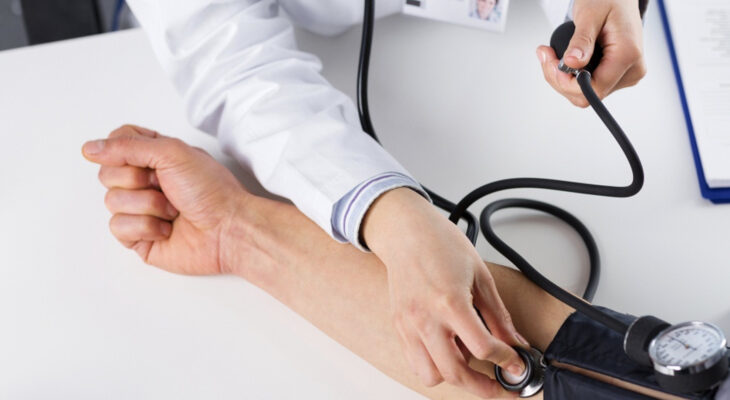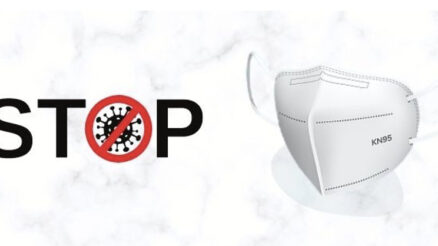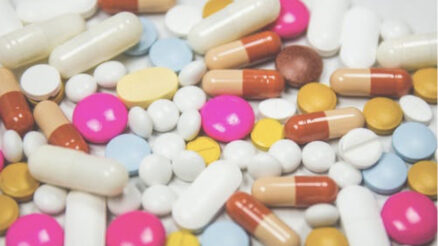Healthcare marketing agencies offer a wide range of services to help healthcare organizations promote their products or services through various marketing strategies. U.S. medical expenses are among some of the highest medical expenses in the world.And yet the World Health Organization ranks the U.S. 37th overall in quality of health care—just behind Costa Rica (36th) and ahead of Slovenia (38th), Cuba (39th) and Brunei (40th).
In my book, Living Bliss: Major Discoveries Along the Holistic Path we talk about how we must begin to change from passive recipients of medical care to active self-responsible participants; otherwise our goal of developing an adequate national health system cannot be realized.
Under the model of becoming a conscientious citizen, you need to realize that you are responsible for taking care of your own health.
I agree that you should use your common sense to consult with a medical professional when you feel that you have something very serious to deal with, but most of the time it’s just as helpful to apply your own initiative and seek natural methods of prevention and treatment for most ailments and conditions.
Part of the due diligence of taking good care of yourself, in addition to eating well and exercising, are five important tests that are known to detect problems.
Start first with these five important tests to help gauge your health situation. The issues highlighted by these tests are ones that can be easily corrected before they cause illness.
1. Inflammation in the Body
The most critical test is for high-sensitivity C-reactive protein (hs-CRP). This test measures inflammation in the body and can detect things that range from a low-grade gum infection to serious issues like gallbladder or pelvic infections.
The normal range is between one and three, but optimal is below one. (Anger can also cause elevated levels.) If your hs-CRP is at one or above, you’ll need to do a comprehensive physical exam.
Taking antioxidants such as astaxanthin at 12 mg daily, which is my favorite, is one of the best ways to lower hs-CRP.
2. Heart Disease Risk
The second test I suggest is the homocysteine blood test.
Homocysteine is a common amino acid in your blood. You get it mostly from eating meat. High levels of it are linked to early development of heart disease.
In fact, a high level of homocysteine is a risk factor for heart disease. It’s associated with low levels of vitamins B6, B12, and folate, as well as renal disease. Research has shown, however, that getting your homocysteine levels down with vitamins doesn’t reduce your chance of having heart disease.
Homocysteine is an abnormal protein that, when elevated above 7.5 mg/L, leaves a person susceptible to heart attack, stroke, cancer, and Alzheimer’s disease.
It is easily corrected with specific supplements, in this case extra B12 and folic acid. Remember, any homocysteine level above 7.5 mg/L is risky!
3. Reduce Free Radicals
The third recommended test is for free radicals in your urine. This one measures the extent of cell death that is caused by excessive chemical oxidation, which again is easily fixed. For this, I would recommend Crystal Bliss essential oil blend, which is explained further in Chapter Seven in Living Bliss: Major Discoveries Along the Holistic Path.
Although high intakes of antioxidants may reduce free radicals, I have found levels of two or above on the Oxidata test for malondialdehyde in 99 percent out of hundreds of individuals.
Malondialdehyde is actually the metabolic breakdown of the fat layer that is around cells—in other words, it represents the cells killed by free radicals!
4. Reduce Stress
As part of your health regime, the fourth test that I recommend is to check your levels of DHEA, which is the most essential hormone in the body.
It’s usually too low or deficient in the majority of people over the age of 40, but there are four safe, natural approaches to restoring DHEA, which we reviewed in Chapter Two in Living Bliss
Be sure to check free DHEA, not DHEA sulfate! Incidentally, the only accurate lab is Quest Diagnostic Nichols Institute in Capistrano, California!
5. Healthy Hormone & Nervous System
The fifth test you should consider taking is one that measures your cholesterol level. Cholesterol is the foundation for most hormones and the nervous system.
Your body needs and manufactures cholesterol constantly, but high levels are not good for you. Just ten minutes of stress produces more cholesterol than you get from eating two eggs!
Speaking of eggs, while there are studies of many kinds about them, I believe there is no credible evidence that they are harmful to you, unless you are specifically allergic to egg protein.
The cholesterol contained in them is perfectly balanced by lecithin.
The most remarkable report is of a man who ate 25 eggs daily and had a cholesterol reading of 125—which is quite good!
Obviously, eggs—and their yolks—didn’t cause him cholesterol problems, and they shouldn’t affect you negatively either.
You can read more in my book, Living Bliss: Major Discoveries Along the Holistic Path by Dr. Norman Shealy. I’ll share with you another book chapter, Myths and Truths about Cholesterol and Fats.





